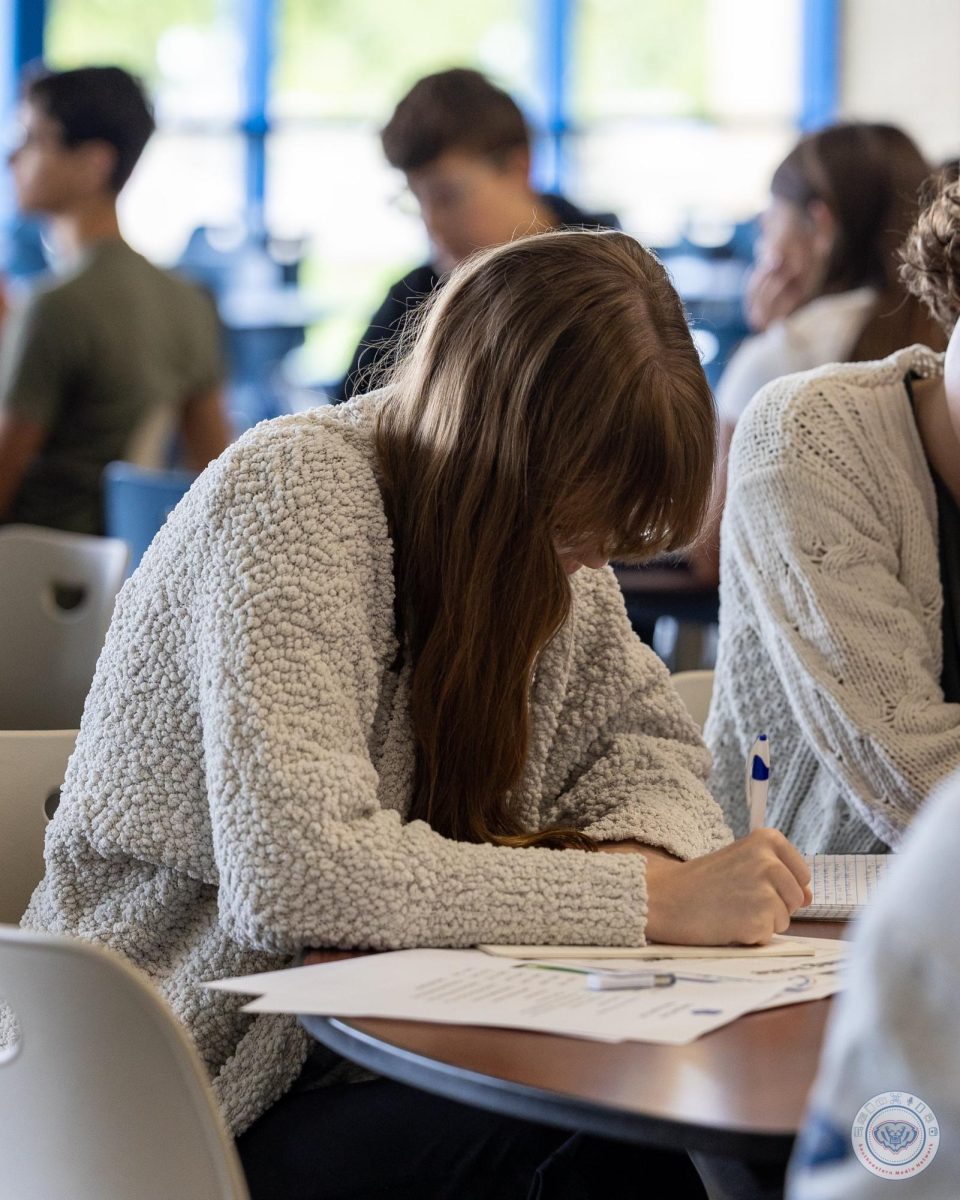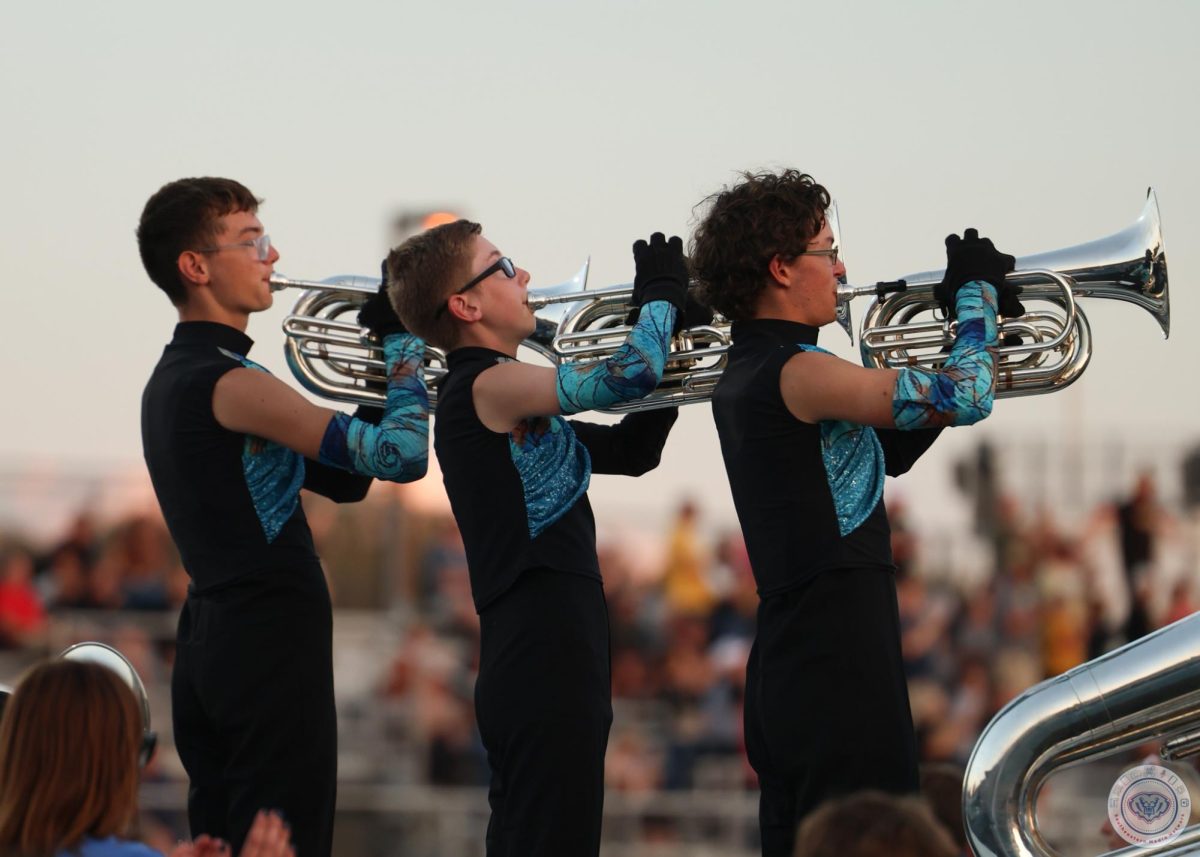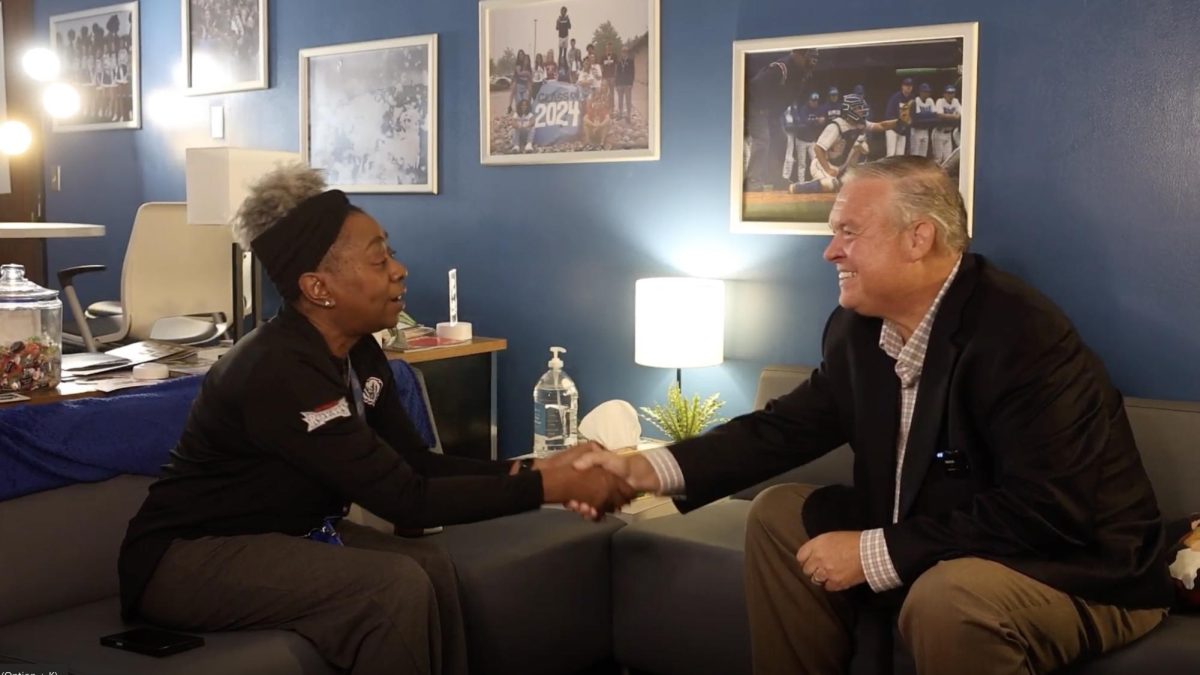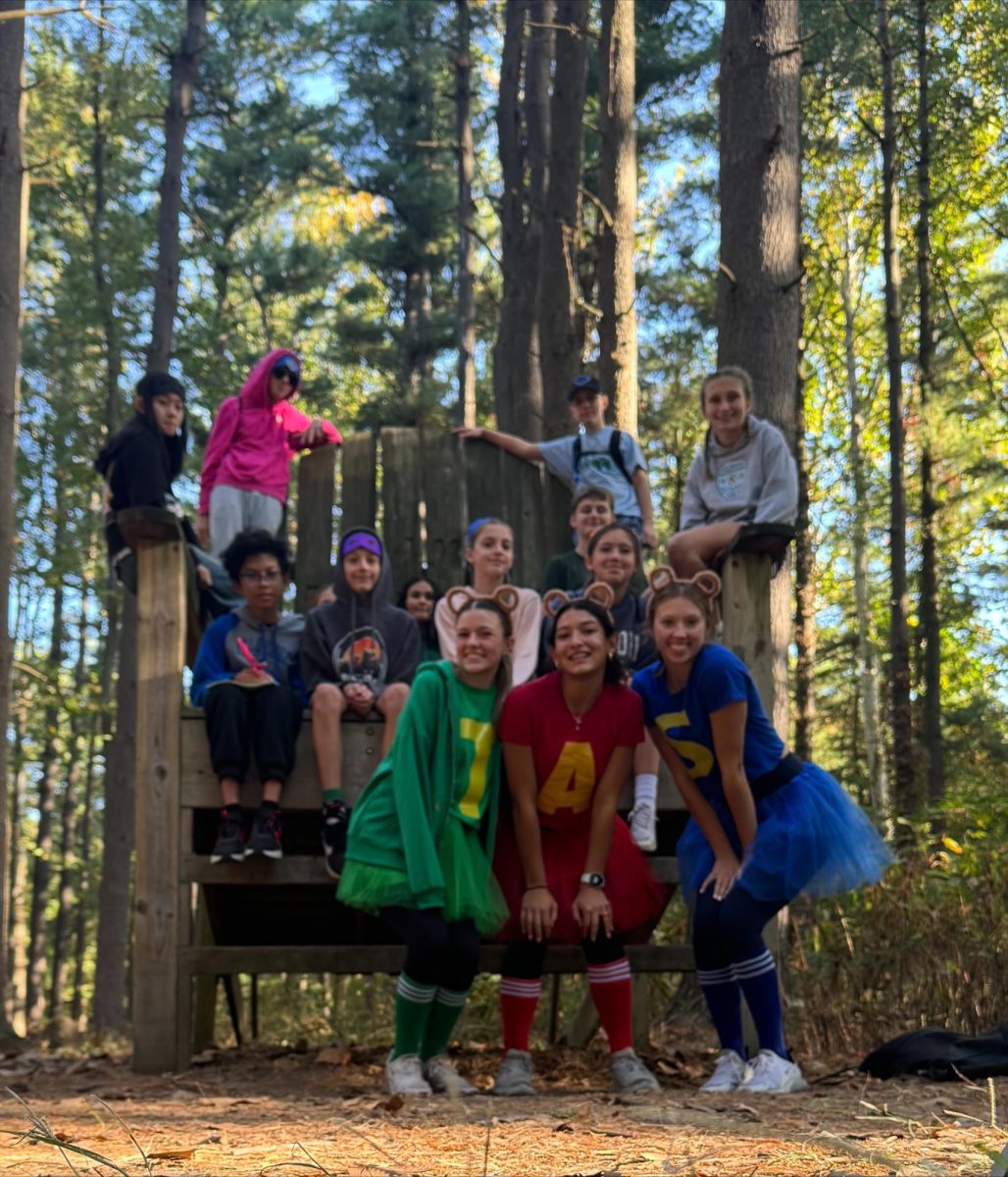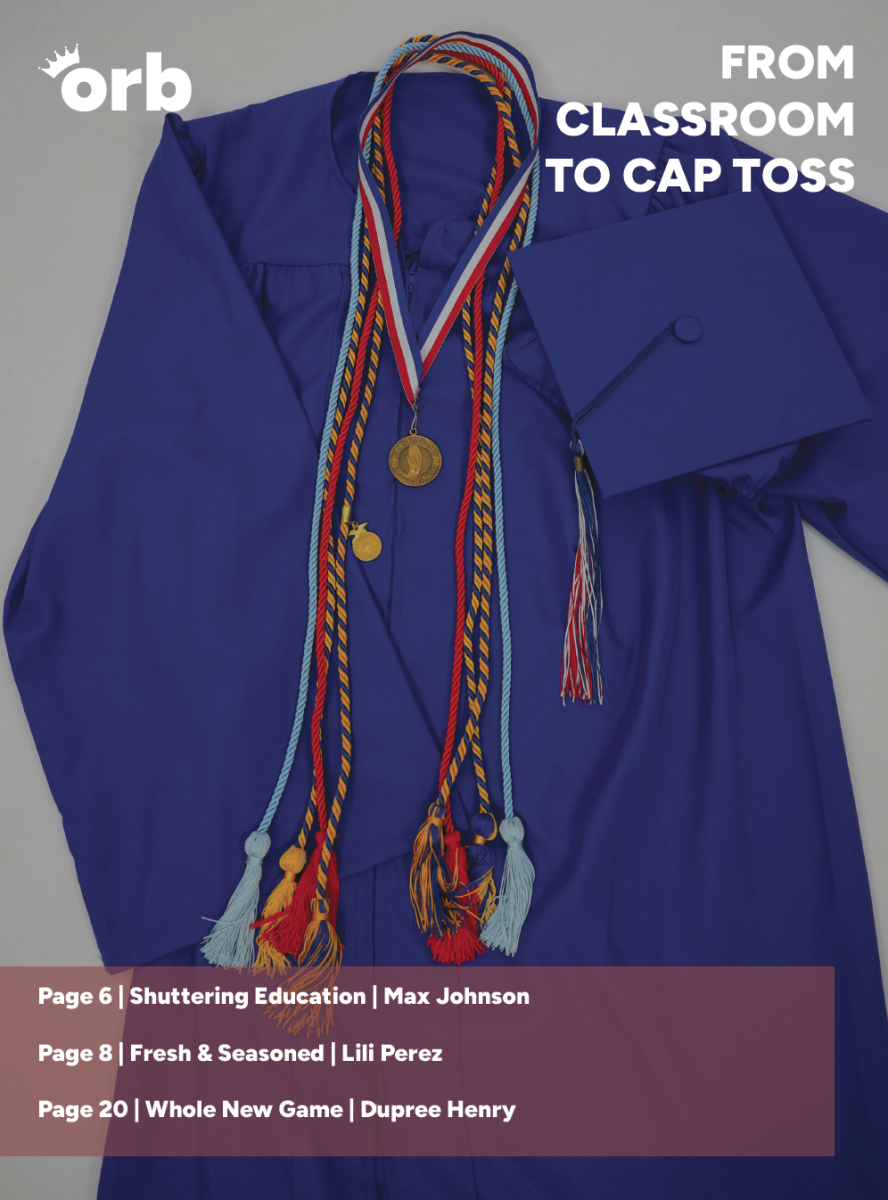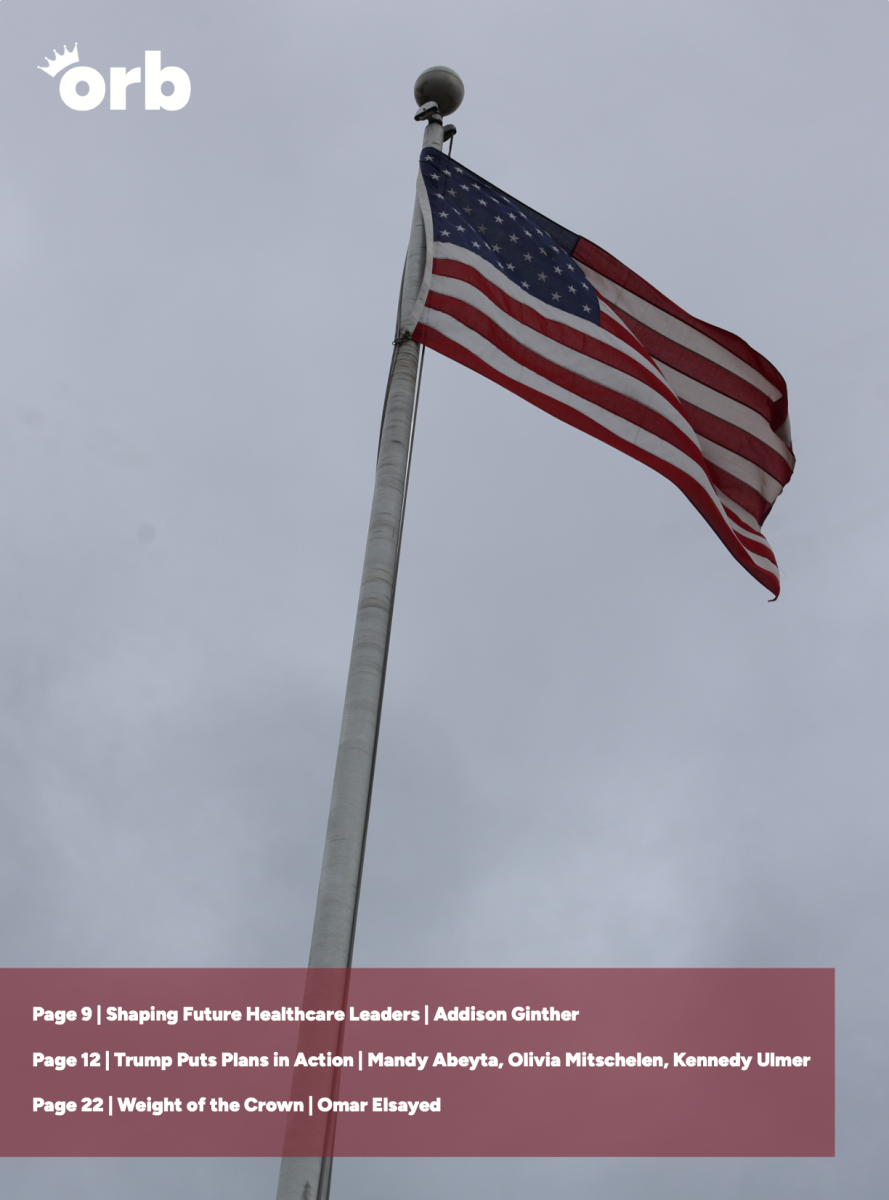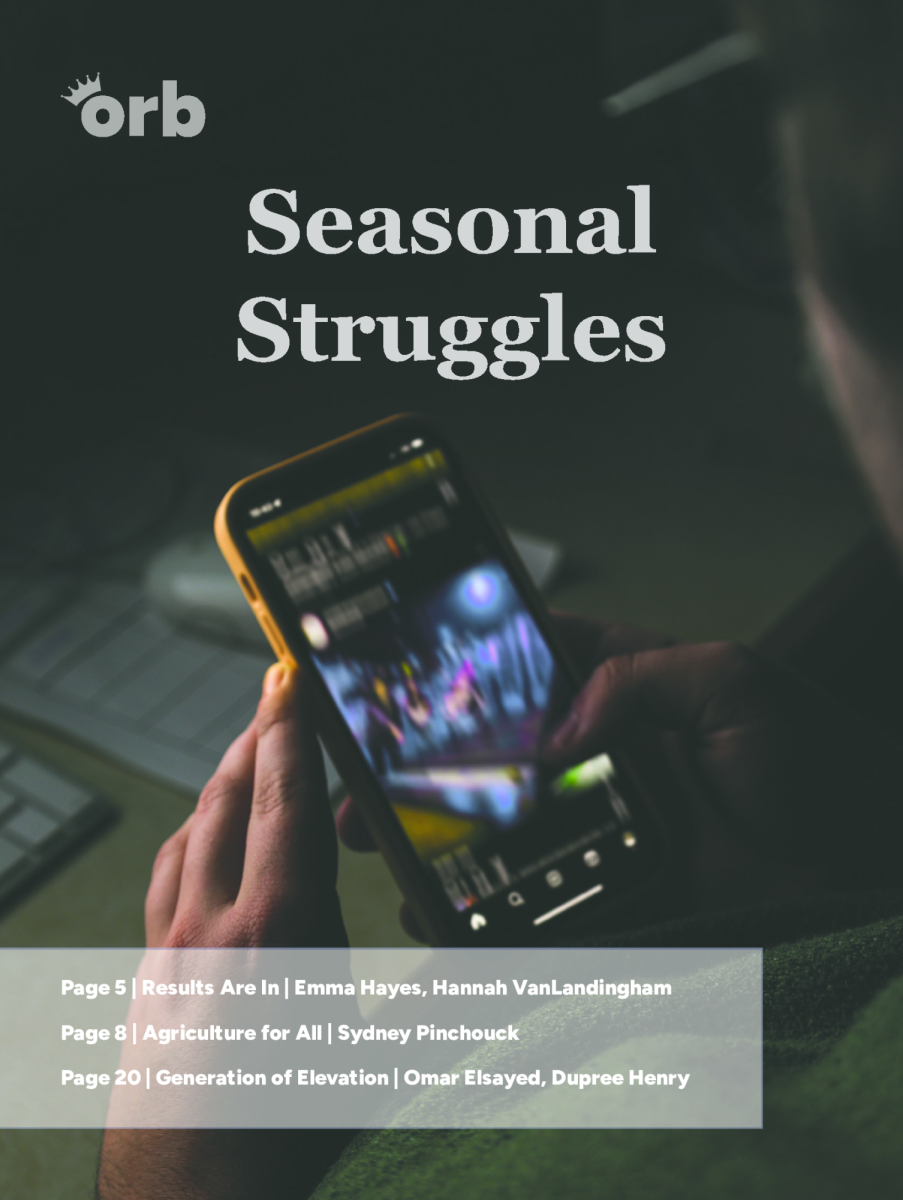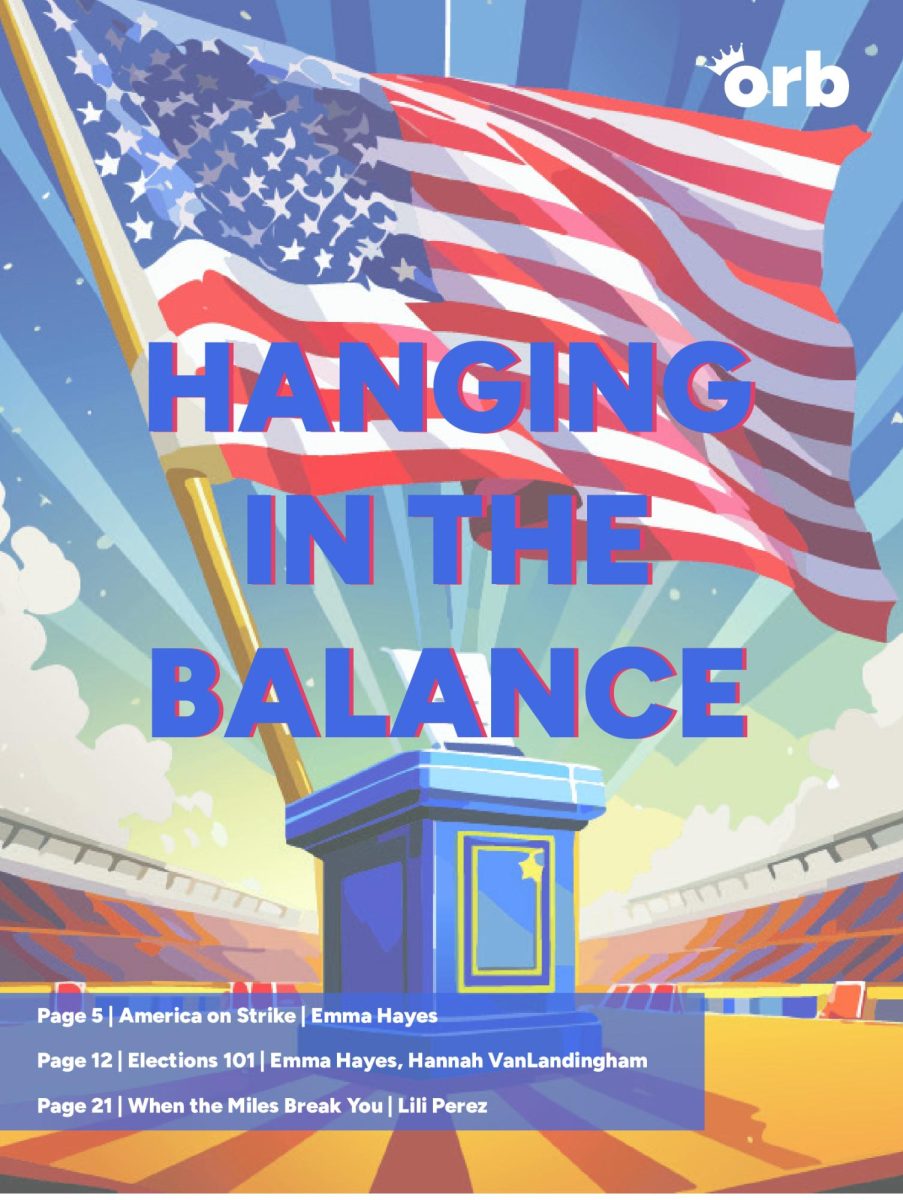The mass shooting in Sutherland Springs, Texas that left more than twenty dead can be used to justify two sides of debates about the right to bear arms in America. On one hand, it can be argued that stricter laws regarding gun sales and the right to open carry may have prevented the shooting. In contrast, citizen intervention with the use of firearms has been credited with stopping the shooter.
In terms of gun control, Texas only has bans on armor-piercing ammunition. Even though the gunman, Devin Kelley, should have legally been blocked from purchasing a gun due to his history of mental health illness and domestic disputes, the Air Force failed to rely upon the information necessary to prevent the purchase.
“What he was convicted of should have stopped him from getting a gun,” former Col. Don Christensen said. “He should not have had a gun because one, the maximum punishment was more than a year; and two, it involved domestic violence.”
It is possible that more extensive background checks may have caught the error made by the Air Force. In addition, some people have claimed the solution to all gun violence lies not only with more venting but also with more restrictions across the board.
“After another unspeakable tragedy, Congress must act or be complicit,” Senator Richard Blumenthal said in a tweet following the shooting.
In contrast, some believe open carry and a citizen’s constitutional right to bear arms is a better approach than gun control. In the case of the Sutherland Springs shooting, the shooter was shot twice before a self-inflicted gunshot wound. When the shooter was making his escape from the church, a local resident Stephen Willeford, exchanged gunfire with the shooter before pursuing him with the aid of Johnnie Langendorff. Both have been praised as heroes.
“What do you say to the man who stepped up when he heard the gunshots? I’d say he’s a hero,” Sheriff Joe Tackitt Jr. said. “I don’t think there’s any question about that. Had he not done what he did, we could have lost more people.”




